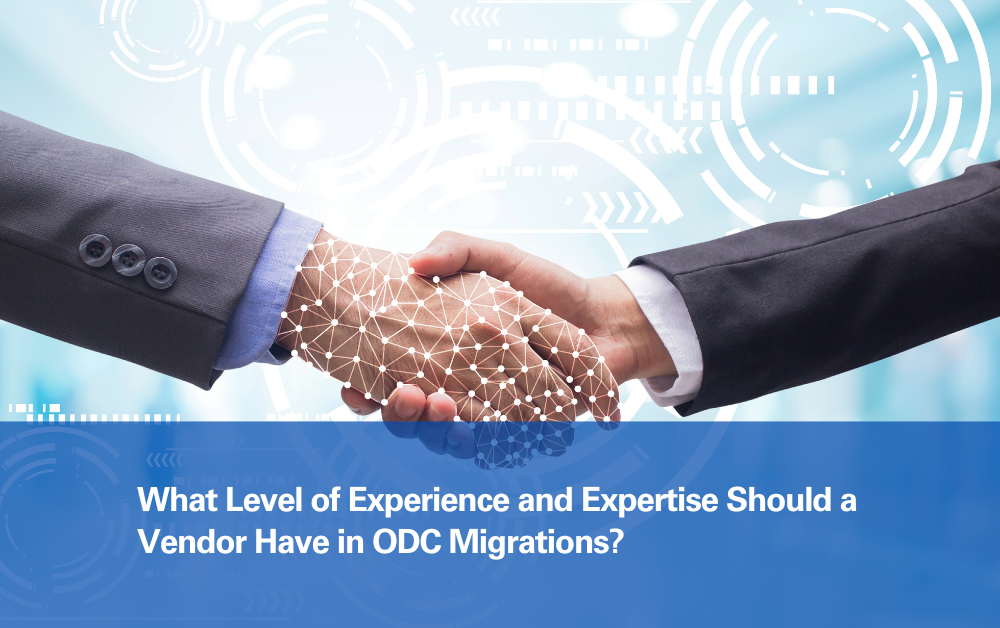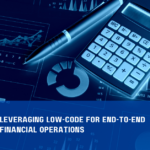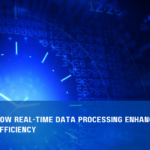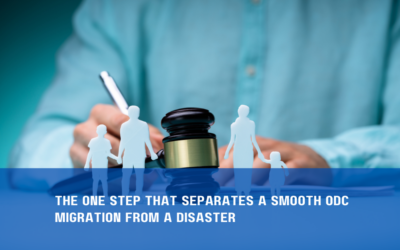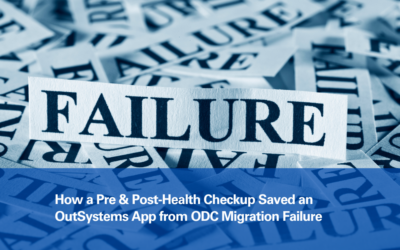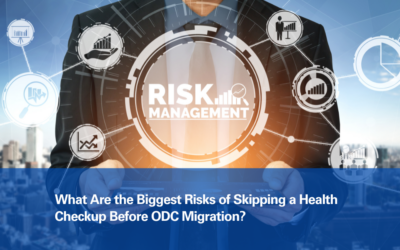Why Expertise Matters in ODC Migrations
Migrating to ODC ( OutSystems Developer Cloud) is more than upgrading your platform—it’s a leap toward modernizing your apps. But here’s the catch: the journey isn’t always smooth.
An inexperienced vendor might miss critical steps, leading to downtime, security risks, or apps that simply don’t work as intended. That’s why choosing a vendor with the right experience and expertise is vital.

Questions to Ask Before Selecting a Vendor

Before choosing a vendor, ask these critical questions:
- Have you handled ODC migrations before? Can you share examples?
- How do you plan to address compatibility issues during migration?
- What steps will you take to ensure data security during the transition?
- Do you provide post-migration support and training?
- How do you ensure minimal downtime during the migration?
Challenges in ODC Migrations
Migrating to ODC is a major shift, and while it offers significant long-term benefits, the process itself comes with challenges that require careful planning and expertise.
Here’s a closer look at what makes migrations complex:
- Compatibility Concerns: Applications built in older environments might use components, libraries, or integrations incompatible with ODC. These legacy systems may need updates, replacements, or complete redesigns to work in a modern cloud-native setup.
Example: Think about a plugin or widget that’s been heavily customized over the years. If it’s not supported in ODC, the vendor has to rebuild it or find a suitable alternative—without affecting app functionality. - Data Migration: Moving large volumes of sensitive data to ODC is no small task. It involves ensuring data integrity, avoiding loss or corruption, and maintaining compliance with regulations like GDPR or HIPAA. Additionally, downtime during migration could disrupt business operations.
💡 Key Question: How will the vendor ensure a secure, encrypted transfer of your data, and what’s their plan for minimizing downtime during this step? - Team Readiness: Teams used to on-premises or traditional OutSystems setups may need training to understand the nuances of ODC. Mistakes and errors can occur during migration and post-migration operations without proper preparation.
Example: Developers might struggle to leverage ODC’s dynamic scaling features if they aren’t trained on how to monitor and adjust workloads in a cloud-native environment. - Operational Continuity: Businesses fear one thing during migration: downtime. Whether it’s a few hours or a few days, downtime can lead to lost revenue, frustrated customers, and potential reputational damage. Planning for a seamless transition with zero or near-zero disruption is crucial.
4. Core Qualities of an Expert Vendor for ODC Migrations
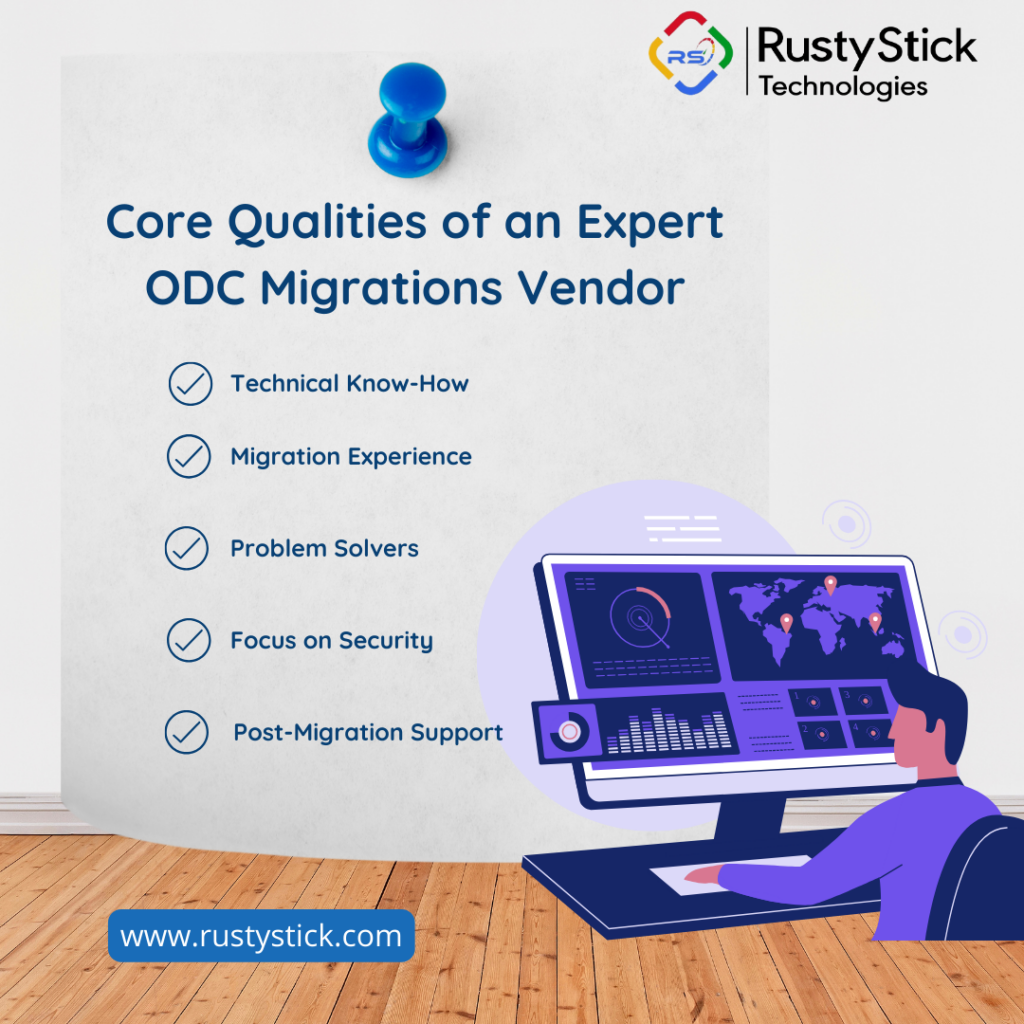
Choosing a vendor with the right expertise is the foundation of a smooth migration. Here’s what sets the best vendors apart:
- Technical Know-How: Migrating to ODC requires understanding the legacy OutSystems platform (like OutSystems 11) and ODC’s advanced cloud-native architecture. Vendors should have a deep understanding of scalability, microservices, API integrations, and cloud infrastructure.
Key Indicator: Look for certifications or partnerships with OutSystems and a proven ability to handle both simple and complex migration scenarios. - Migration Experience: Vendors with a strong track record in ODC migrations know what can go wrong and how to avoid it. Ask them for case studies or references that showcase their success stories.
Example: A vendor who’s handled migrations for businesses with similar app sizes or industries will likely understand your unique needs better. - Problem Solvers: Unexpected issues are inevitable. The best vendors think on their feet, offering quick solutions while minimizing disruption.
Example: Imagine an issue where a legacy integration stops working during migration. An expert vendor will have a contingency plan, like replacing the integration without affecting app performance. - Focus on Security: Data security isn’t optional. Vendors should implement robust encryption, conduct vulnerability testing, and ensure compliance with relevant standards. They should also have strategies to detect and respond to potential threats.
- Post-Migration Support: The job isn’t done once the migration is complete. Vendors should offer ongoing support to fix bugs, optimize performance, and help your team get comfortable with the new environment.
Red Flags to Watch for in a Vendor
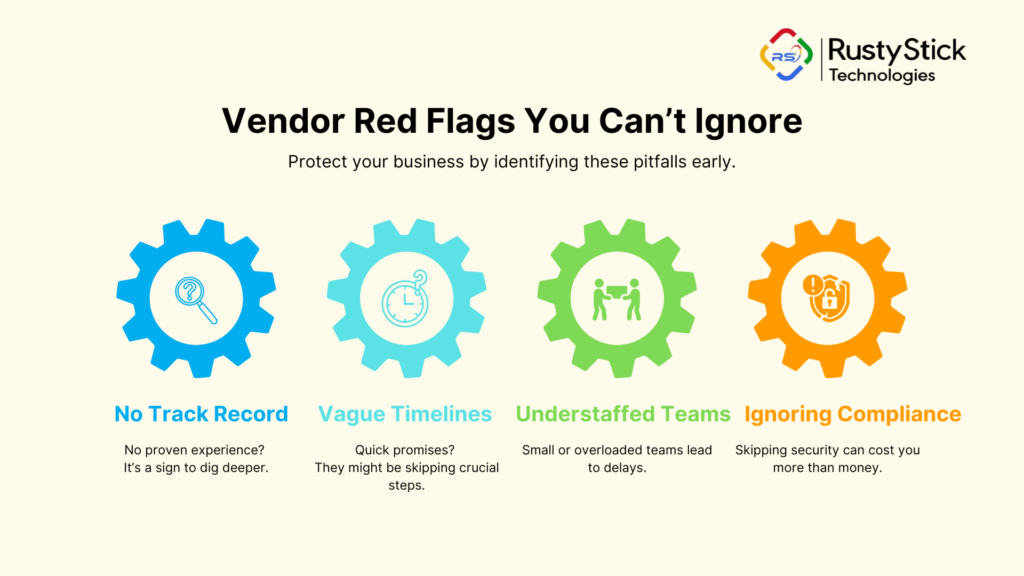
Spotting red flags early can save you from costly mistakes. Be cautious if you notice any of the following:
- No Track Record: If the vendor hasn’t completed ODC migrations before or is vague about past projects, it’s a major warning sign.
- Vague Timelines: Vendors who promise extremely quick migrations without detailed plans may be skipping critical steps. Migration speed should never come at the expense of quality.
- Understaffed Teams: A small or overburdened team may struggle to handle complex migrations, leading to delays and errors.
- Ignoring Compliance: Vendors who downplay the importance of security protocols or compliance standards could expose your business to legal and financial risks.
The Benefits of Partnering with an Experienced Vendor
Here’s what a skilled vendor brings to the table:
- Smooth Transition: An expert vendor anticipates challenges and solves them proactively, minimizing disruptions to your operations.
- Future-Ready Apps: Beyond migration, experienced vendors optimize your apps to take full advantage of ODC’s scalability, flexibility, and performance features.
- Cost-Effective Solutions: While it might seem expensive upfront, a skilled vendor saves you from costly rework, prolonged downtime, or security breaches.
- Empowered Teams: A knowledgeable vendor doesn’t just complete the migration—they also train your team to manage and optimize the new environment.
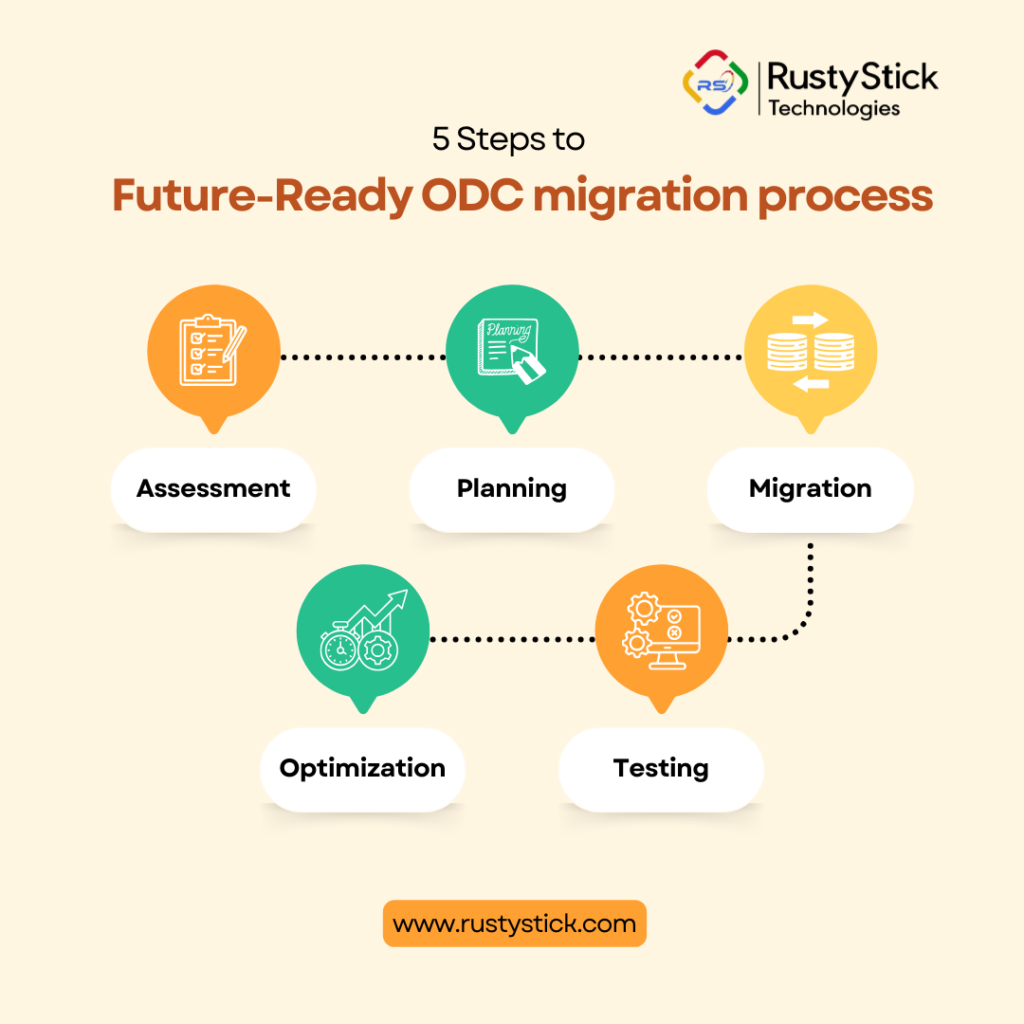
Invest in Expertise for a Successful ODC Migration
ODC migration is a big step forward for your apps and your business. The right vendor ensures the process is smooth, secure, and future-proof. It’s not just about technology; it’s about having a partner who understands your goals and works with you to achieve them.
Remember, the cost of getting it wrong is much higher than the effort of choosing the right partner upfront.

